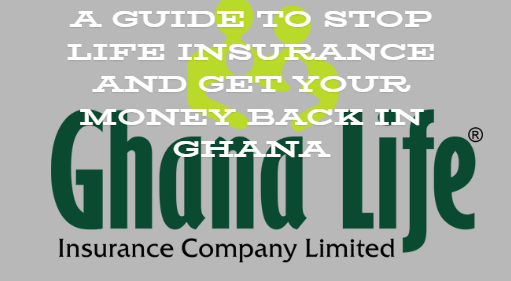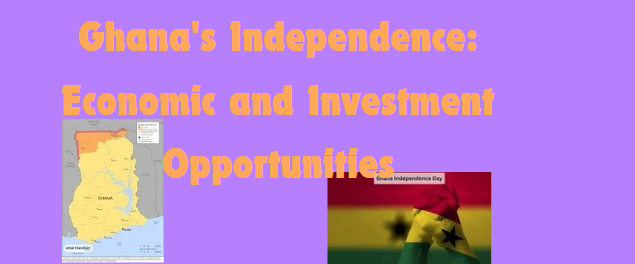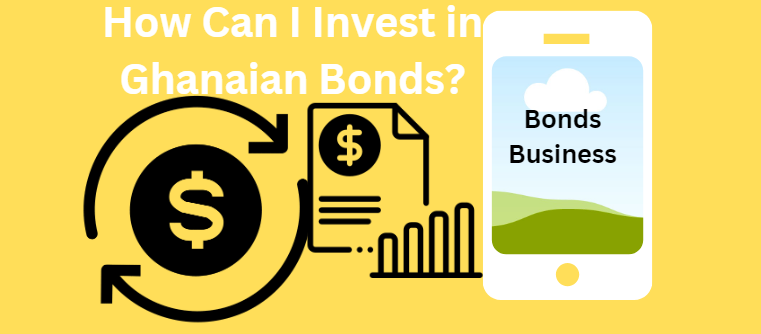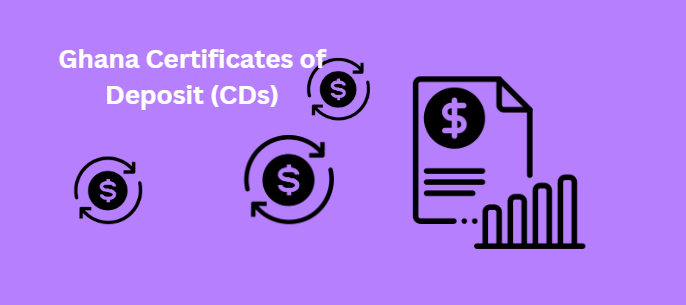
How to Stop Life Insurance and Get Your Money Back in Ghana
In Ghana, you must know the procedure if you want to cancel your life insurance policy and get your money back. This article will walk you through the steps required to cancel or stop your life insurance policy and get your money back when reside in Ghana. Life insurance is a financial product that many people and families use to feel secure and at ease. Nevertheless, things can change and cause policyholders to reevaluate their purchasing decisions.
Understanding Life Insurance Policies in Ghana
You must understand how Ghanaian life insurance operates before proceeding with the termination procedure. Term and whole life insurance are the two main categories into which life insurance plans usually fall. Whole life insurance gives lifetime coverage plus an investing component, while term life insurance only covers a certain amount of time.
The National Insurance Commission (NIC), which assures that businesses follow the law and defend customers’ rights, regulates the majority of life insurance plans in Ghana. You will be able to handle the canceling procedure more skillfully if you comprehend these rules.
Here are the Steps to stop or cancel your life Insurance Policy and get your Money back if you are in Ghana
Step 1: Review Your Policy Terms
The first step in stopping your life insurance policy is to review the terms outlined in your contract. Look for information regarding cancellation procedures, refund eligibility, and any penalties associated with early termination. Most policies include a “free look” period during which you can cancel without penalty; however, this period typically lasts only a few days after purchase.
If you are beyond this period, check if your policy has a surrender value or cash value component. Whole life policies often accumulate cash value over time that may be refundable upon cancellation.
Step 2: Contact Your Insurance Provider
After reviewing the terms of your policy, get in touch with your insurance company directly. Their contact details are available on their website and in any correspondence you may have received from them. When reaching out to them, remember to have your insurance number with you.
- Indicate in writing that you want to cancel the policy.
- Find out whether there will be any possible refunds or cancelation penalties.
To ensure that your request is documented, it is recommended that you interact with them by email or written correspondence.
Step 3: Submit a Written Request for Cancellation
- Send in a formal written request for cancellation after speaking with your provider. Included in this letter should be: Your full name;
- Policy number;
- a precise request for cancellation;
- your contact details.
Sending this letter via registered mail or another way that offers delivery confirmation is important. All correspondence should be kept on file for your records.
Step 4: Understand Refund Eligibility
Refund eligibility depends on several factors:
- Type of Policy: As mentioned earlier, term policies generally do not have cash values; therefore, refunds may not be available unless within the free look period.
- Surrender Value: For whole life policies, inquire about the surrender value—the amount payable upon cancellation after deducting any applicable fees or penalties.
- Premium Payments: If you have paid premiums beyond what was required for coverage during the active term of the policy, you may be eligible for a refund based on those payments.
- Policy Duration: The length of time you’ve held the policy can also affect refund amounts; longer-held policies may have accrued more cash value.
Step 5: Follow Up on Your Request
If, after submitting your cancellation request, you do not hear back from your insurer in a fair amount of time (typically 30 days), get in touch with them again. Verify that your request has been handled, and find out when any refunds are expected.
Step 6: Seek Assistance if Necessary
You might think about contacting regulatory agencies like the following if you run into issues during this process, such as unresponsive customer service or disagreements about refunds.
- The National Insurance Commission (NIC): They are in charge of all insurance-related matters in Ghana and can offer advice on consumer rights.
- Consumer protection organizations: If you’re having problems with insurance, these groups can help you decide what to do next.
Seeking advice from a lawyer with experience in insurance law may also shed light on more efficient dispute-resolution techniques.
Conclusion
Stopping a life insurance policy in Ghana involves understanding the terms of your contract, communicating effectively with your insurer, and following proper cancellation and refund request procedures. By taking these steps diligently and being aware of consumer rights under Ghanaian law, you can navigate this process successfully while maximizing any potential refunds owed to you.
In summary:
- Review your policy terms carefully.
- Contact your insurer directly.
- Submit a formal written request for cancellation.
- Understand eligibility criteria for refunds.
- Follow up diligently until resolution.
- Seek assistance if necessary from regulatory bodies or legal professionals.
By adhering to these guidelines, you’ll be well-equipped to stop your life insurance policy and reclaim or get your money back or any funds owed to you efficiently when you’re in Ghana.







